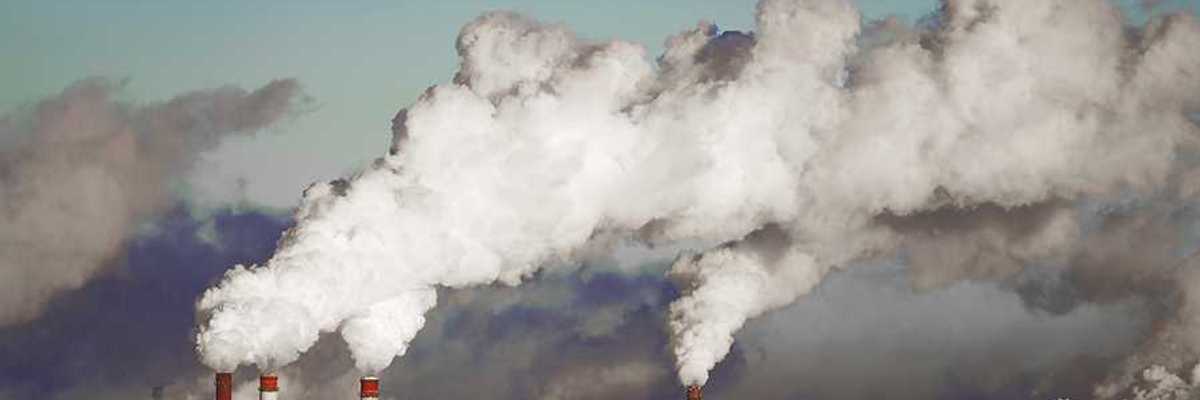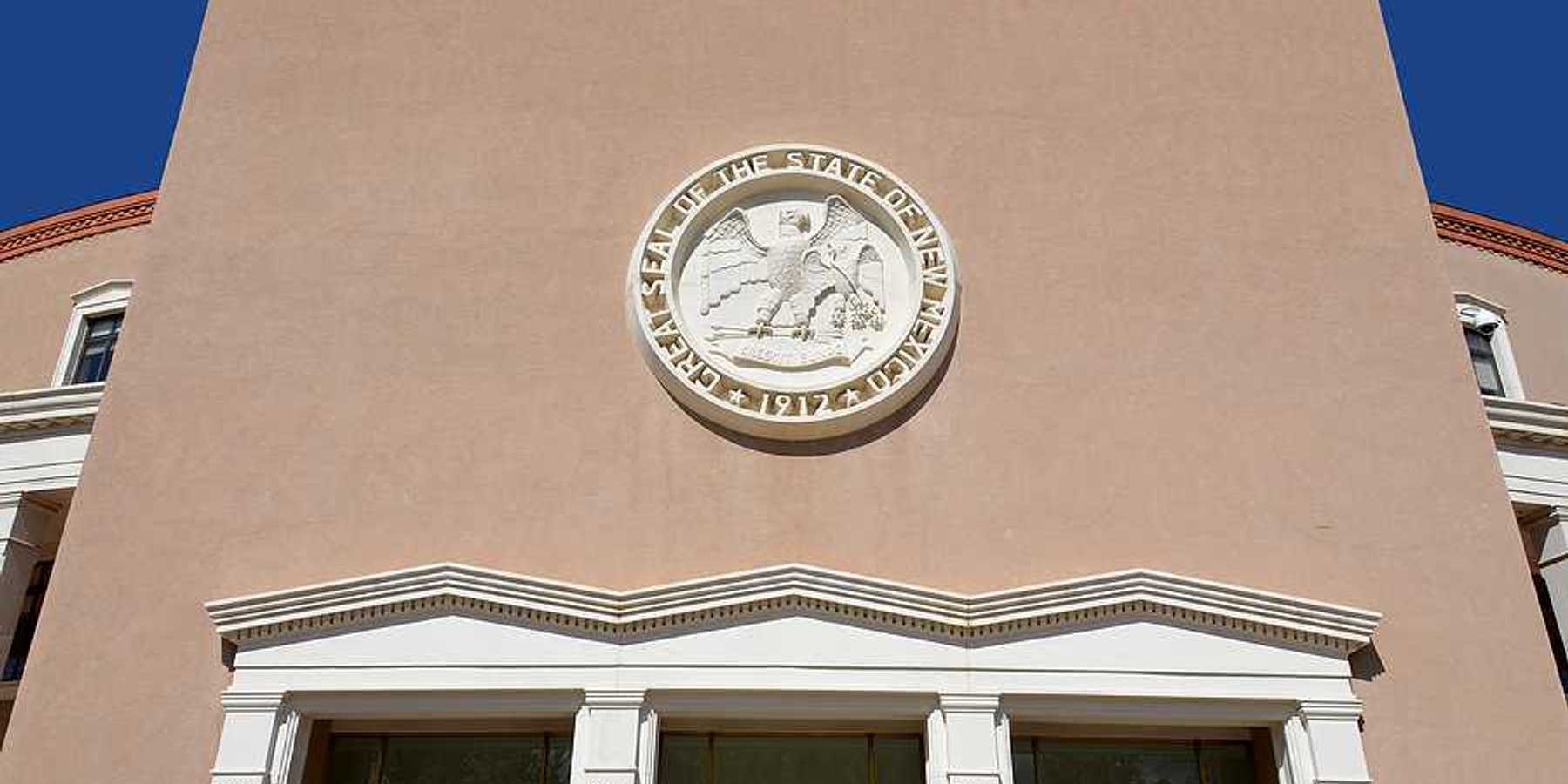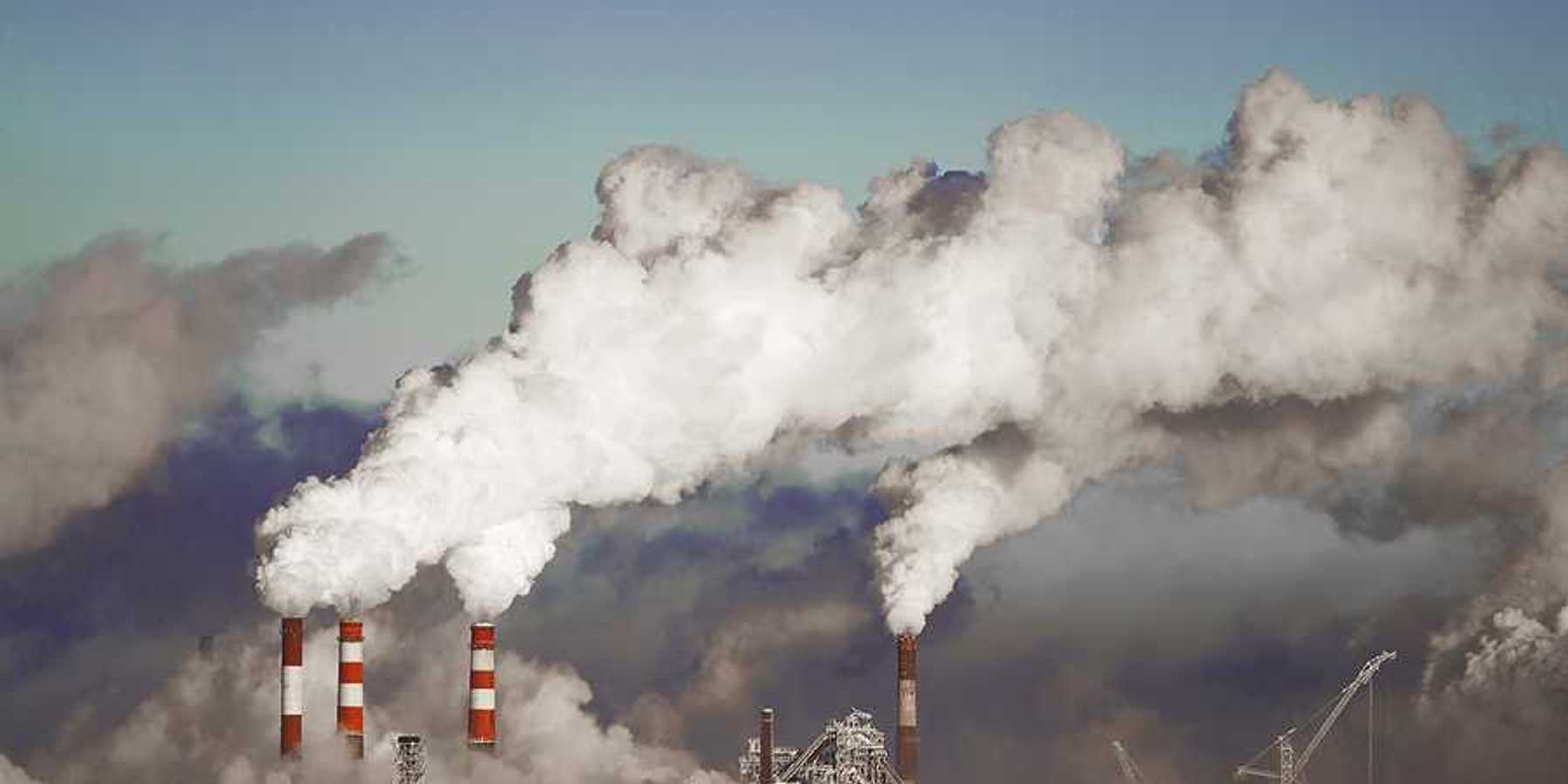beer
How researchers, farmers and brewers want to safeguard beer against climate change
How hop nerds are saving your favorite beer from climate change
How hop nerds are saving your favorite beer from climate change
Climate crisis will make Europe’s beer cost more and taste worse, say scientists
The quantity and quality of hops, a key ingredient in most beers, is being affected by global heating, according to a study. As a result, beer may become more expensive and manufacturers will have to adapt their brewing methods.
Would you drink wastewater? What if it was beer?
Could an ancient, climate-friendly crop be the future of beer?
Pierre Thiam and Garrett Oliver are on a mission to introduce brewmasters to fonio, a small and mighty west African grain.
Breweries are starting to capture carbon — from beer
Breweries are capturing carbon - from beer
Washington Post reporter Charlie Scudder writes about craft brewers who are using techniques developed by NASA to capture naturally produced CO2 and dissolve the molecules into their ales and beers.
In a nutshell:
New technology, developed by NASA and implemented by companies like Earthly Labs, captures CO2 from fermentation tanks, purifies it, and stores it for use in carbonating beer. By reusing the naturally produced CO2, breweries can cut down on their CO2 purchasing and improve the flavor profile of their beer. While the environmental impact of the technology may be small, it offers financial savings and contributes to sustainability efforts in the brewing industry.
Key quote:
“It’s good to get our fingers out of the petroleum industry any way we can,” brewery owner Brad Farbstein says.
Big picture:
By embracing such innovations, breweries can set an example for other sectors, highlighting the importance of finding practical solutions to minimize environmental impact. As more breweries implement these technologies, the collective effort can contribute to the larger goal of mitigating climate change and promoting sustainability in the brewing industry.Read the full Washington Post story here.









